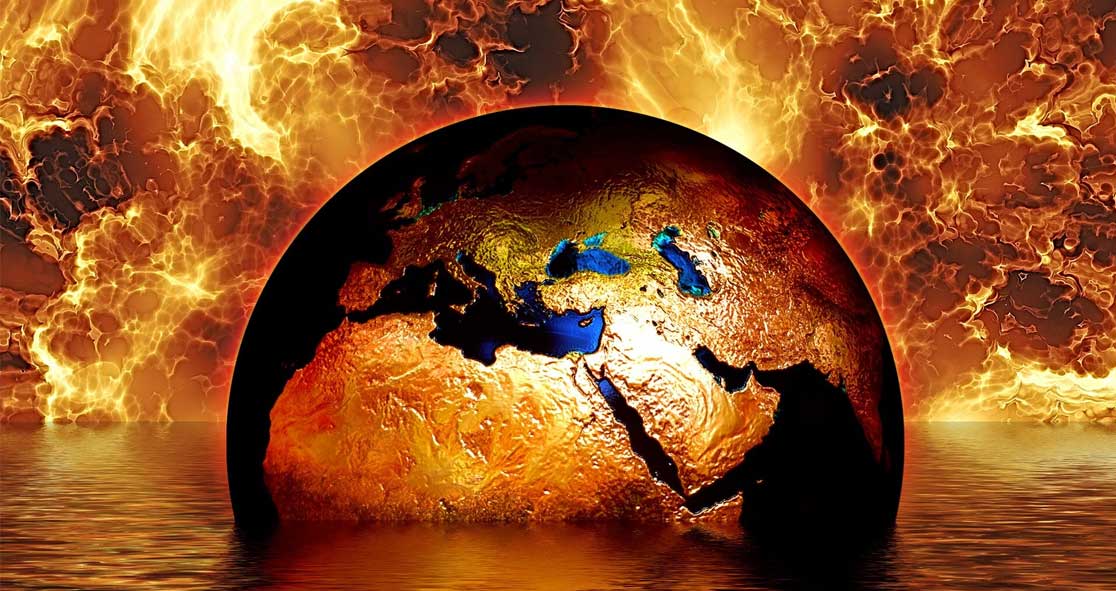Experts predict that climate change could play a key role in the acceleration of global pandemics and the ongoing COVID-19 crisis is just the beginning.
A recent study, published in the journal Cell, said, “We have entered a pandemic era.” The study, written Dr. Anthony Fauci and Dr. David Morens, both of the National Institute of Allergy and Infectious Diseases (NIAID), predicts a future where there will be more pandemics.
Dr. Morens told BuzzFeed News, “I don’t have a crystal ball, but what we are seeing looks very much like an acceleration of pandemics,” citing reasons such as deforestation, urban crowding, and wet markets.
However, the role of climate change in accelerating global pandemics is complicated.
“We know that the virus survives longer in cold temperatures than hot, so that could mean that a warmer planet would slow the spread of the disease,” said meteorologist Jeff Masters, who writes for Yale Climate Connections. On the contrary, he said heatwaves make people spend more time indoors in air-conditioned spaces, increasing the risk of disease transmission.
“Thus, Florida had a difficult time with COVID-19 this summer, despite the fact that some parts of Florida recorded their hottest summer on record,” Masters told USA TODAY. “These complexities make it difficult to judge how climate change may be affecting COVID-19.”
Some researchers believe that global warming will play a pivotal role in future pandemics.
Dr. Aaron Bernstein of Harvard University said, “We do know that climate change alters how we relate to other species on Earth and that matters to our health and our risk for infections.”
“As the planet heats up, animals big and small, on land and in the sea, are headed to the poles to get out of the heat,” he added. “That means animals are coming into contact with other animals they normally wouldn’t, and that creates an opportunity for pathogens to get into new hosts.”
Furthermore, Masters said the diseases associated with climate change are the ones spread by mosquitoes because they survive in hot as well as wet conditions. “Malaria, Zika, chikungunya, dengue fever, and the West Nile virus are all expected to spread into areas where they currently are not endemic,” he said.
Dr. Morens told USA TODAY it is too early to draw definitive conclusions on whether climate change could exacerbate future pandemics.
He said, “One might imagine that if climate change causes further environmental degradation and change (beyond what humans are already doing), then we are likely to see more of these diseases. But one could equally argue that we will see less. These are big questions to which we may not have good answers for decades or even centuries to come.” “But at the end of the day, for many reasons, it is hard to imagine that climate change will be anything good for human health,” he added.























